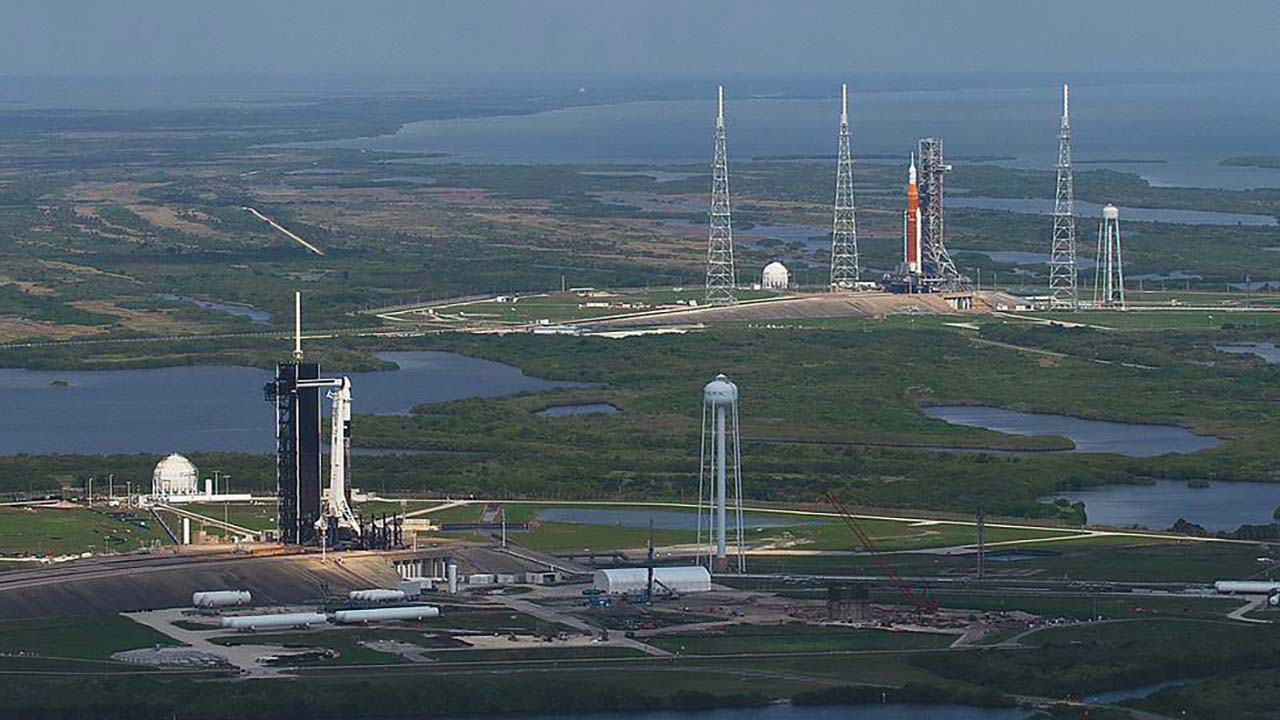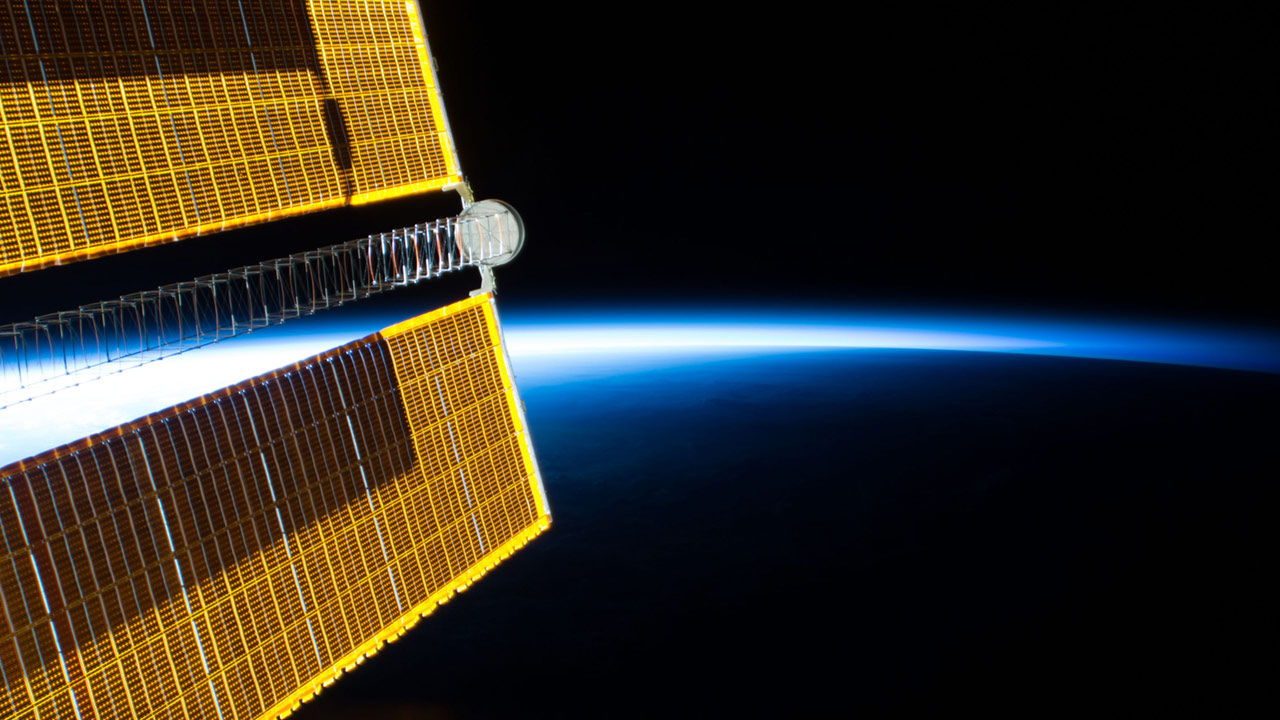BOSTON, MA. (November 7, 2016) – The Center for the Advancement of Science in Space (the ISS National Lab) and Boeing awarded three research companies financial support last week through MassChallenge™. This marks the third year the ISS National Lab and Boeing have collaborated on the “Technology in Space” prize through the MassChallenge Boston Accelerator. The ISS National Lab is the nonprofit organization responsible for managing and promoting research onboard the International Space Station (ISS) U.S. National Laboratory. Boeing is the ISS prime contractor responsible for sustaining operations, including the successful integration of vehicle and payload hardware and software for the orbiting laboratory. The grant prizes for this collaboration will provide seed funding for the three awarded companies and assist with hardware costs for flight to the ISS National Lab.
MassChallenge supports high-impact, early-stage entrepreneurs across all industries without taking any equity. Its accelerator programs in Boston, Israel, Mexico, Switzerland, and the U.K. offer world-class mentorship, free office space, a network of corporate and nonprofit organizations, and access to in-kind support and resources throughout the four months. At the culmination of the programs, MassChallenge awards winning startups with zero-equity cash awards, which total more than $1.5 million in Boston. To date, 1,211 MassChallenge alumni from around the world have raised over $1.8 billion in funding, generated over $700 million in revenue, and created more than 60,000 direct and indirect jobs.
Below is an overview of the selected projects:
Angiex, Inc.
Endothelial Cells in Microgravity as a Model System for Evaluation of Cancer Therapy Toxicity
There are more than 100 distinct types of cancer, which vary substantially in their behavior and response to treatment. In order to grow, however, all solid tumors must generate new blood vessels. Angiex has created a novel cancer therapy that targets a protein involved in the proliferation of the cells called endothelial cells (ECs) that line the walls of blood vessels. This new therapy has been found to be extraordinarily effective in mouse models, achieving long-lasting (3-month) regressions of tumors from a single treatment. Angiex’s major challenge, shared by all developers of vascular-targeted drugs, is the lack of an in vitro model of resting normal endothelium (the layer of cells that line the walls of blood vessels) to test drug toxicity. ECs cultured in microgravity appear to share many features of the in vivo resting endothelium, including a persistent state of reduced cell growth. Angiex will evaluate the hypothesis that microgravity-cultured ECs represent a valid model system to test the effects of vascular-targeted drugs on normal blood vessels. If the hypothesis is validated, microgravity-cultured ECs would constitute an important model system for evaluating the action of any vascular-targeted drug.
Dover Lifesciences
Microgravity Crystallization of Glycogen Synthase-Glycogenin Protein Complex
Crystallization of proteins for structural determination is an important tool for drug discovery. Dover Lifesciences aims to utilize the microgravity environment on the ISS to crystallize a protein complex that is difficult to crystallize on Earth. Glycogen synthase, the critical enzyme for glycogen synthesis in the liver and muscle, works in concert with another protein, glycogenin, which is necessary for proper orientation and function of glycogen synthase. Determination of the structure of this protein complex could aid in the development of drugs that inhibit glycogen synthase. Such drugs could be used to treat obesity, rare genetic disorders, and cancer. The ISS provides an ideal environment to crystallize protein complexes because microgravity eliminates issues with protein density and convection currents that inhibit orderly crystallization. Successful crystallization of the glycogen synthase and glycogenin protein complex has the potential to lead to important drug discoveries.
LambdaVision, Inc.
Enhancement of Performance and Stability of a Protein-Based Retinal Implant by Manufacturing in Microgravity
LambdaVision is developing a protein-based retinal prosthetic to restore vision to the millions of people with blindness resulting from retinal degenerative diseases. Preclinical evaluation has provided a foundation for further work to test the biocompatibility and efficacy of the technology; however, the outcome of these efforts is strongly dependent on the quality and efficiency of the manufacturing process. The retinal implant consists of multiple layers of the light-activated protein, bacteriorhodopsin, and is generated utilizing an automated layer-by-layer approach using a polymer binder and an ion-permeable scaffold. The manufacturing process requires several days because each step must be carried out slowly with sequential drying time between each layer. Gravity interferes with the homogeneity and uniformity of the layers and LambdaVision hypothesizes that preparing the multi-layer protein/polymer films in microgravity will be faster and will yield improvements in the homogeneity of the films, the degree of orientation of the protein, and the stability of the resulting multilayer system. The success of this project will allow a better understanding of gravity’s effects on the manufacturing process, help accelerate time to market, and enable key decisions to deliver consistent manufacturing of high-quality films for commercialization of the retinal prosthetics.
“MassChallenge represents a terrific opportunity for innovative concepts and ideas to achieve commercial viability,” said the ISS National Lab Chief Scientist Dr. Randy Giles. “Both the ISS National Lab and Boeing are honored to continue our partnership in awarding unique proposals that can be enhanced through ISS National Lab inquiry. We look forward to working with all three ‘Technology in Space’ winners to leverage microgravity for terrestrial benefit.”
This year’s winning flight projects selected for awards through the MassChallenge Startup Accelerator had to incorporate science or technology initiatives that would effectively utilize and benefit from ISS National Lab capabilities. the ISS National Lab will continue to work with additional MassChallenge proposers from the “Technology in Space” prize to build on their ideas and potentially transform the ideas into flight-ready projects.
Final award of any grant money is contingent upon acceptance of legal terms and conditions between recipient, the ISS National Lab, and Boeing.
To learn more about the MassChallenge Accelerator program, visit: http://masschallenge.org/accelerator.
# # #
About the ISS National Lab: The Center for the Advancement of Science in Space (the ISS National Lab) was selected by NASA in July 2011 to maximize use of the International Space Station (ISS) U.S. National Laboratory through 2020. the ISS National Lab is dedicated to supporting and accelerating innovations and new discoveries that will enhance the health and wellbeing of people and our planet. For more information, visit www.issnationallab.org.
About the ISS National Laboratory: In 2005, Congress designated the U.S. portion of the International Space Station as the nation’s newest national laboratory to maximize its use for improving life on Earth, promoting collaboration among diverse users, and advancing STEM education. This unique laboratory environment is available for use by other U.S. government agencies and by academic and private institutions, providing access to the permanent microgravity setting, vantage point in low Earth orbit, and varied environments of space.
For more information on Defense, Space & Security, visit www.boeing.com/space/ or follow us on Twitter: @BoeingDefense
Media Contacts:
the ISS National Lab
Patrick O’Neill
(321) 480-1054
[email protected]
Boeing
Kenneth Ulmer
(281) 226-4872
[email protected]




